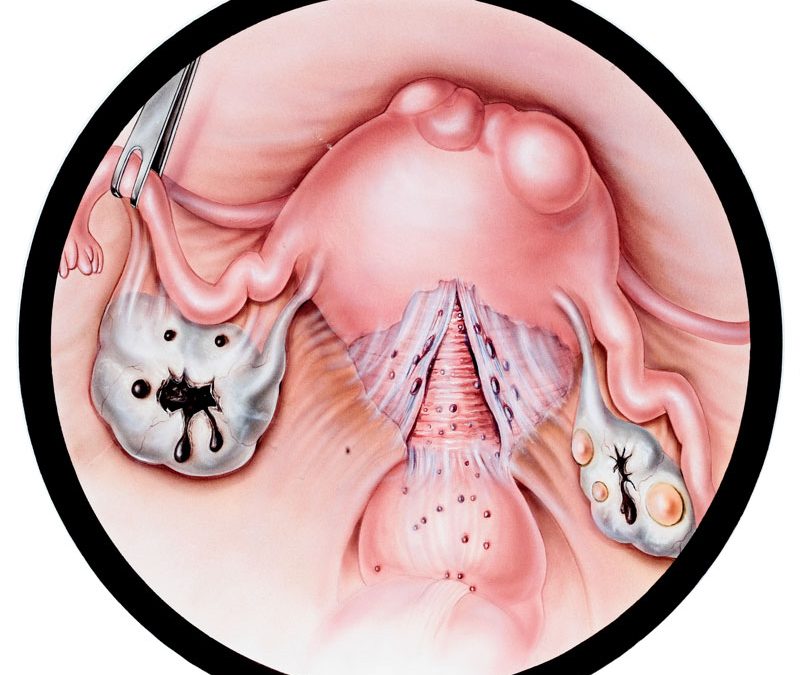Introduction:
Endometriosis is a chronic condition that affects millions of women worldwide, causing tissue similar to the lining of the uterus to grow outside the womb. This misplaced tissue can lead to a range of symptoms and challenges, impacting the quality of life for those affected. In this blog post, we will explore the causes, symptoms, and potential treatment options for endometriosis.
Causes of Endometriosis:
The exact cause of this remains unknown, but several factors may contribute to its development:
- Retrograde Menstruation: Menstrual blood containing endometrial cells flows back into the pelvic cavity instead of out of the body, leading to the implantation of these cells in other areas.
- Immune System Dysfunction: Issues with the immune system may allow endometrial cells to grow in abnormal locations.
- Hormonal Influence: Estrogen, a hormone that regulates the menstrual cycle, can stimulate the growth of endometriosis.
- Genetic Predisposition: A family history of endometriosis may increase the likelihood of developing the condition.
Symptoms of Endometriosis:
It can manifest with various symptoms, including:
- Pelvic Pain: Chronic pain, especially during menstruation, intercourse, or bowel movements.
- Menstrual Irregularities: Heavy or irregular periods.
- Infertility: It can affect fertility in some cases.
- Painful Urination or Bowel Movements: Discomfort during these activities may indicate endometriosis.
Treatment Options:
Managing endometriosis involves a combination of medical and surgical approaches:
- Pain Medications: Over-the-counter pain relievers or prescription medications to alleviate symptoms.
- Hormone Therapy: Regulating hormonal fluctuations to control endometrial tissue growth.
- Surgery: In more severe cases, surgery may be necessary to remove endometrial implants and scar tissue.
Clinical Trial Studies:
In the pursuit of advancing our understanding of endometriosis and developing improved treatment options, Elite Clinical Studies, based in Phoenix, Arizona, is currently conducting clinical trials. These trials provide an opportunity for qualified volunteers to contribute to the progress of endometriosis research while gaining access to cutting-edge treatments. Eligible participants may also be compensated for their time and dedication.
Elite Clinical Studies is committed to making a meaningful impact on the lives of those affected by endometriosis. If you are interested in participating in these clinical trials or learning more about the ongoing research, please visit the Elite Clinical Studies website or contact them directly. Your involvement could be a crucial step toward advancing the understanding and treatment of endometriosis, offering hope for a brighter future.

